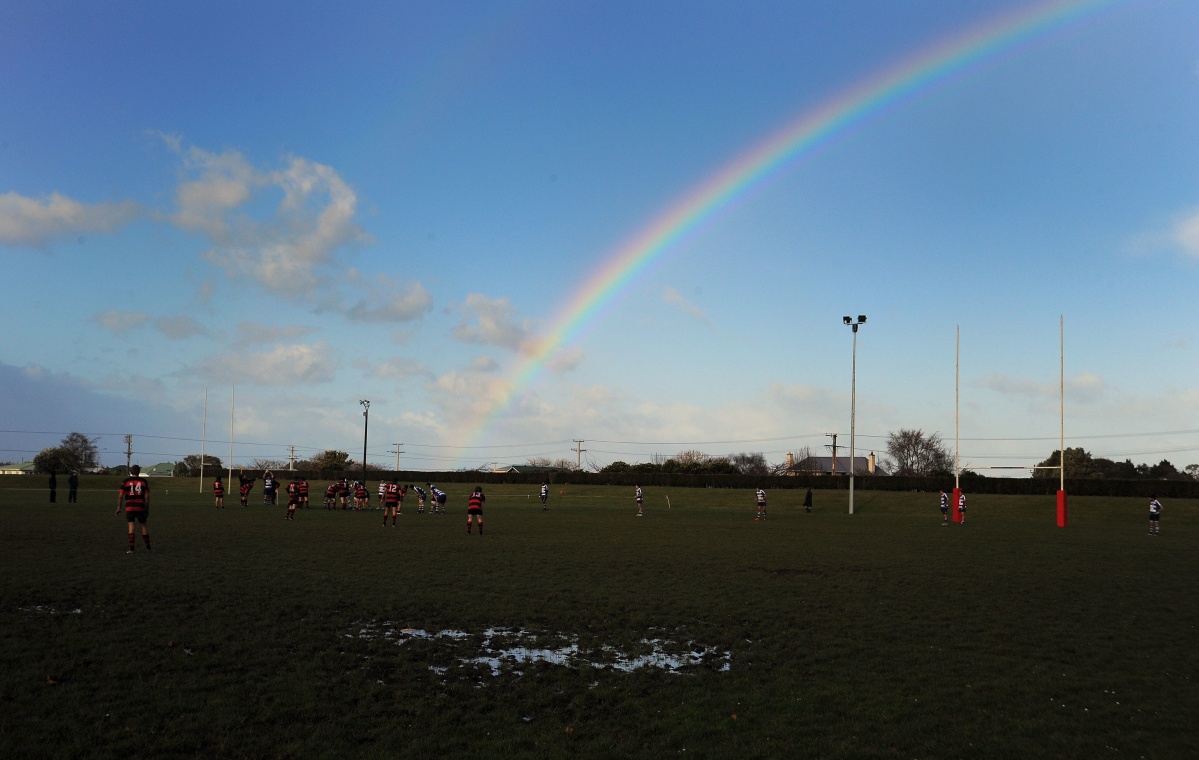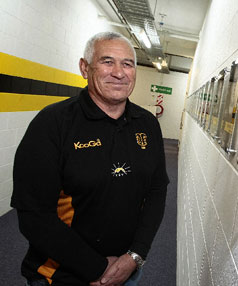- Rugby Toolbox
- Resources & Education
- Learn more
- Articles
- Snook on Coaching
- More Food for Thought
- Ruck & Run Drill
- Playing Philosophy – Ruck & Run Coaching Components
- Playing Philosophy – Spread the Forwards
- Playing Philosophy – A forward behind the ruck
- Playing Philosophy – Ruck & Run
- Playing Philosophy – An idea!
- The Breakdown
- Building Positivity [3]
- Building Positivity [2]
- Building Positivity
- Fitness and Game Related Activities
- Getting the Head Working
- Missiles are Dangerous
- Use of Video
- Winger Attacking Outside First-Five
- Player Profiling
- Selection
- Fitness Away from the Team Session
- Playing Philosophy (Pre season Prep)
- Coaching the Coaches
- The Rugby Coordinator and Pre-Season Preparation
- Why Not Use Tap Penalties More Often?
- Why Kick the Ball Down the Middle of the Field?
- Defending the 5 Metre Lineout Drive
- Scoring from the 5 Metre Lineout
- What are the Kicking Team Aiming to Achieve from Halfway Restart
- Should We Practice Scoring Tries?
- Team Culture
- Looking After Your Players
- Coach Survival Tips
- Under 11/13 – Backline Defence
- Under 11/13 – Ruck Defence
- Under 11/13 – Back Attack
- Under 13 – The Counter Attack
- Under 11/13 – The Maul
- Under 11/13 – Lineouts
- Under 11/13 – Decision Making
- Under 11/13 – Support Play
- Under 11/13 – Dive Pass and More
- Under 11/13 – Drop & Grubber Kick /Highball Catch
- Under 11/13 – Front on Tackling
- Under 11/13 – Contact – Getting Up – The Ruck
- Under 11/13 – The Coaching Session
- Under 8/10 – Using Space
- Under 8/10 – Kicking
- Under 8/10 – Contact and Picking Up the Ball
- U8/U10 Draw & Pass and Sidestep
- Under 8/10 – The Tackle
- Under 8/10 – The Coaching Session
- Under 7 – Test Your Coaching – Support Play
- Tap Pass and Swerve U7
- Ball Familiarisation; Passing & Receiving
- Activities for the Non-Contact Tackle
- Under 7 – The Coaching Session
- Coaching Teenagers – After the Ruck
- Coaching Teenagers – The Practice Session
- Coaching Teenagers – Best Practice
- Coaching Kids – Best Practice
- Plays from a Tap Penalty
- Running Plays from a 5 Man Lineout
- Driving Plays from a 5 Man Lineout
- Strike Plays at the End of the Lineout
- Back Strike Plays at the Lineout
- Wide Strike at the Scrum (2)
- Wide Strike at the Scrum
- Midfield Attack at the Scrum
- No 8 Plays at the Scrum (2)
- No 8 Plays at the Scrum
- The Cut Out Pass
- Skills to Penetrate (2)
- Skills to Penetrate
- Movements to Penetrate
- Patterns to Penetrate
- Contact and Continuity
- Keeping the Ball Alive Out Wide
- Pre Season Support Activities
- Checklist
- Understanding the game
- The Playing Philosophy
- The Lineout
- Overview
- Team Profile
- Start Now!
- Backrow
- Nine and Ten
- Rugby-related Fitness Activities
- The Psychological Edge
- Open Field Play
- Key Performance Indicators
- Improving Team Performance
- Backline Attack Concepts
- Tactics at Phase Play
- Playing Philosophy
- The ‘Stop Focus’
- Kick Attack
- Clearing the 22
- Wide Attack at Phase
- Player Focus
- Scrum Preparation
- Lineout Preparation
- Back Attack Preparation
- Sevens Preparation
- Sevens Kick Offs
- Sevens Scrum and Lineout
- Sevens Attack Patterns
- Sevens Defence
- 7's Selection and Game Planning
- Coaching and Leadership
- How the Game Evolves
- Changing Within the Game
- Learning from the Television.
- Using Tap Penalties Wisely
- Defence Drills
- Defence Drills for Tight Five
- Team Defence and TUB’ing
- Establishing Patterns from the Ruck
- Structured Phase Play
- Structuring Phase Play on the Run
- Coaching Roles
- Structuring a Close in Tackling/Defensive Session
- Coaching in Threes
- Attacking Back Play
- Kick Off Chase
- Wrap Around Back Plays
- Lineout Plans
- Looking and Learning
- Motivating Your Players
- Scrum Attack
- Refocusing the Team
- Monitoring the Progress
- Learning the Game
- Playing to the Laws
- Small is OK
- Decisions After the Tackle
- Improving Your Coaching
- Food for Thought
- More Food for Thought
- Passing & Catching
- How Ireland Nearly Beat the All Blacks
- The Progressive Coach
- Try Something New
- Encouraging Excitement
- The Mental Approach
- Where to Start
- Being the Best You Can Be
- Off the Ball Decisions
- Lineouts Difficult to Master
- Decisions on the Run
- Rucking and Rolling
- A Successful Approach
- Gaining Clarity
- Manipulation vs Physicality
- Beating the Drift
- To Ruck or Not to Ruck
- Stopping the Lineout Drive
- Fine Tuning the Planning
- It's a Running Game
- RugbySmart 2015
- Using the Shoulders
- Loosehead Prop / Tighthead Prop
- Position Specific – Hooker
- Position Specific – Lock
- Position Specific – Blindside Flanker
- Position Specific – Openside Flanker
- Position Specific – No 8
- Position Specific – Halfback
- Position Specific – First Five Eighth
- Position Specific – Second Five Eighth
- Position Specific – Centre Three-quarter
- Position Specific – Wing
- Position Specific – Fullback
More Food for Thought

More Food for Thought.
In this article I have sat down with Paul Martin, a centurion for Taranaki as a player, and now a very experienced coach which includes New Zealand Schools and Southern Maoris, being a NZ U19 selector, as well as stints in Scotland and Italy amongst the many positions he has held. The following are some of his thoughts.

“The cloning of players and teams is the single most disappointing thing about the game today as it has created a game that lacks innovation and has created coaches that accept there is only one way of doing things.
Of course it is most important, particularly at youth level, that the basic skills of passing, catching, lineouts and scrummaging are established and practiced continuously but after the set piece the continuity patterns need to be more imaginative and they should include trying to penetrate directly from the set piece rather than setting up a contact point deliberately.
Selecting a ‘stepper’ in the middle of backline has many advantages over a ‘hitter’ if the coaching concept is about ball movement and creating ideas on how to beat a defence with skill and guile rather than brute force.
With the advent of professional rugby many of the New Zealand provinces have lost their own identity, whereas Taranaki and Waikato had different styles, as did Wellington and Canterbury, and any other province for that matter, the differences now are just based on the quality of player in the team, with most teams producing similar game styles.
When coaches are creating their continuity patterns the need to think like ‘backs’ (if they are not already). It is important that backs receive the good ball from the contact zone and that forwards do not gobble this ball up until it is almost worthless to the backs. Many teams have the phase play scenario based on forwards receiving the good ball and the backs receiving the bad ball rather than having it the other way around.
Keeping the forwards, particularly those with an unsuitable skill base, out of the backline is a must. If coaches were to watch the All Blacks they would get a fair idea of what I mean, and they have a back at the helm.
An important coaching aspect to assist in this phase play is to make players aware of their options as support players and guiding their thinking ‘away from the ball’, rather than just coaching the ruck and the flow on. There is much more that can be done.
Coaching means being a good organizer and being organized, as well as having a sound game understanding and knowing what you want to achieve, but the most important aspect is to involve the players, listen to them intently, and work together so there is ‘buy in’ from both parties. Getting to know the players as individuals is equally important as this will create trust and confidence. If possible have good people in the management group who you can trust and respect. If you have this then anything is possible.
The art of selection is a crucial element in a teams’ success. Having learnt from All Black selectors at various times in different roles, a simple plan to follow is the trick to picking the right players.
Sort out the crucial position under scrutiny or the players vying for a position, and watch each player for three lots of 7/8 minutes at various times. Of course this means you can only watch about three players but it is a method that works.
Don’t over analyse players through statistics and look at the good things and positive influences rather than the errors. Basically it is about how many touches the player has in that period and what he does with the ball and off the ball. It’s pretty simple. If you don’t know what you are looking for though you don’t know what you have got”.